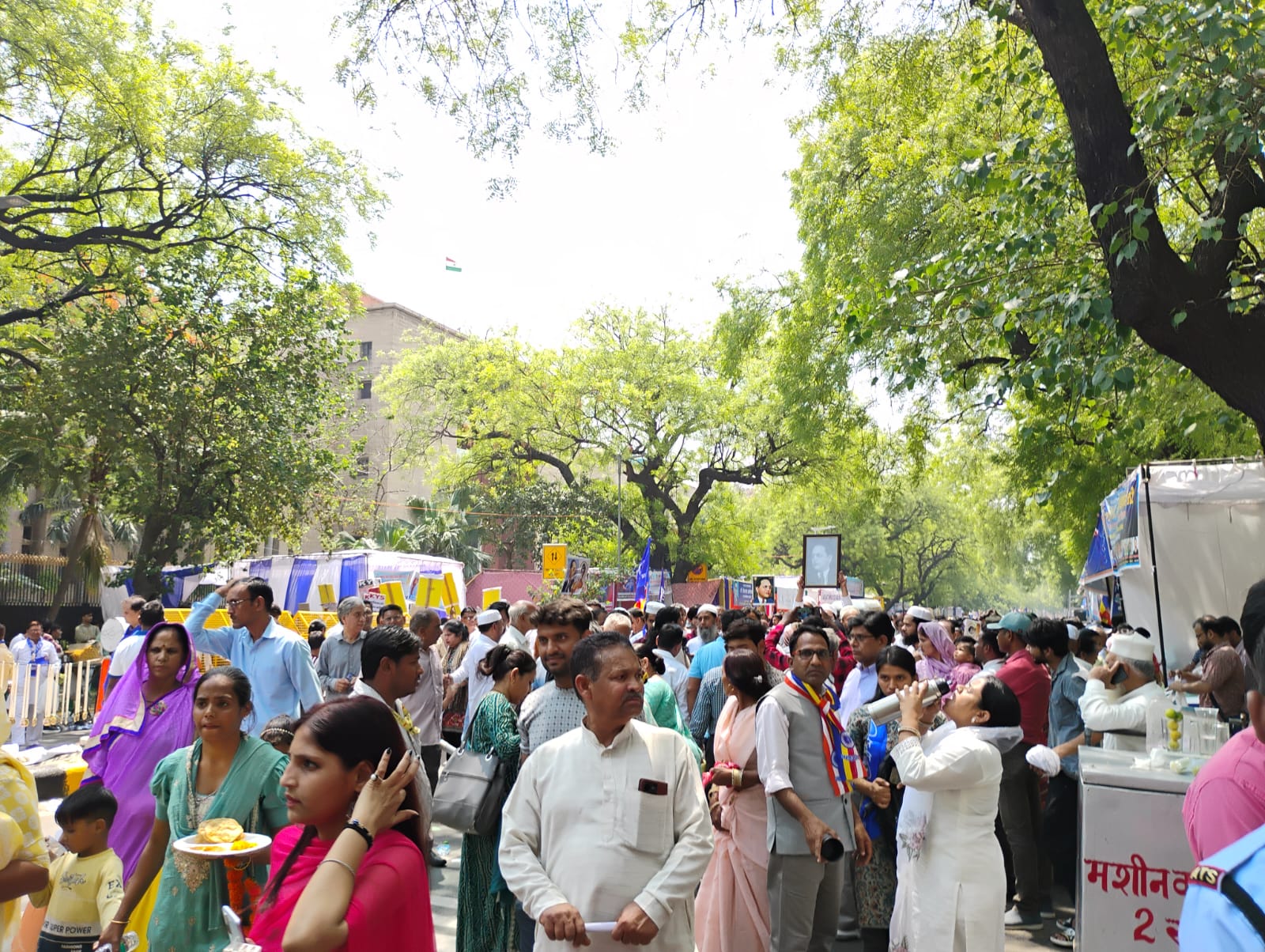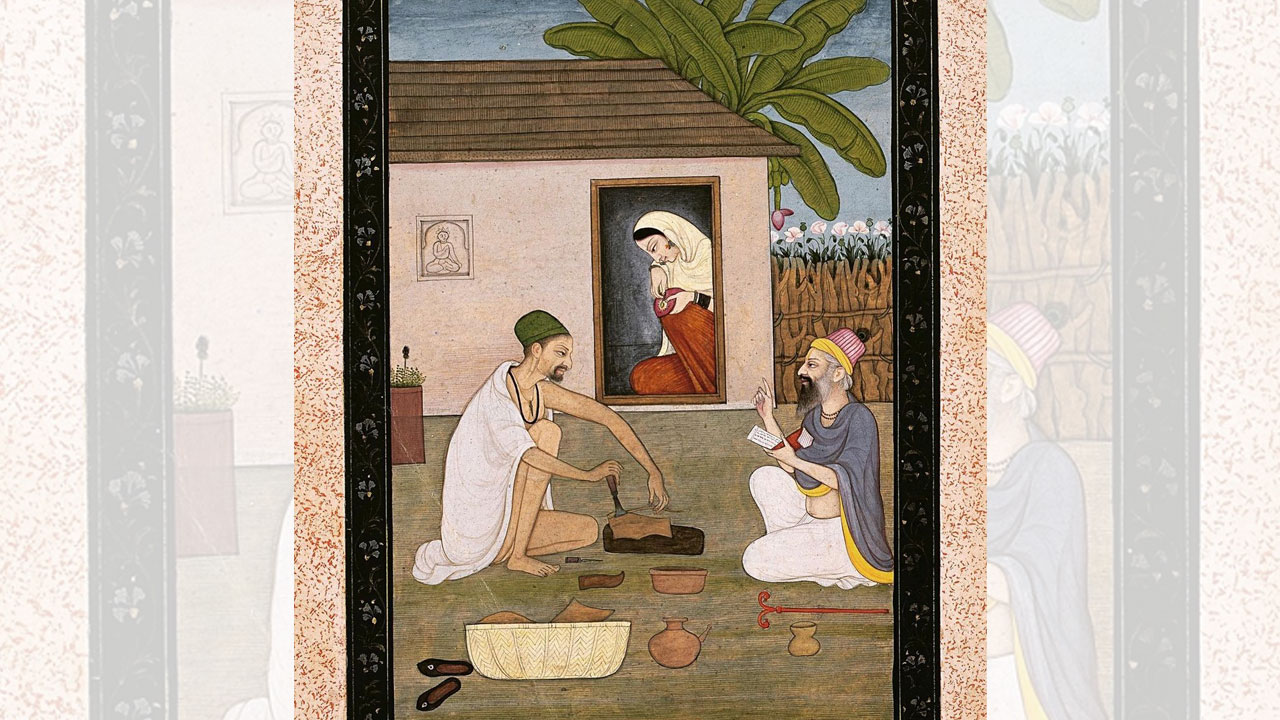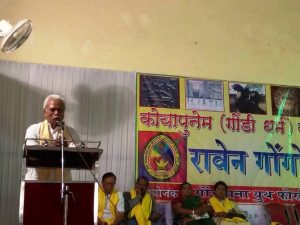
There is growing curiosity in the intellectual world about Acharya Motiravan Kangali (2 February 1949 – 30 October 2015), a scholar who specialized on the Gond tribal community and Gondi religion. He will be remembered in the coming centuries not only for his specialist knowledge but also because he used it to give social discourse a particular direction. The discourse that he launched through his field studies is going to be very important for the religious and philosophical past and future of India.
Kangali’s works are a prized possession for those who want to understand the history and evolution of religion from sociological and anthropological perspectives. He provides unheard-of, golden formulae to dig up religious and social discourses from the lifeless world of literary and historical tales.
Due to understandable factors, it will be sometime before Dr Kangali and his work get their due place in modern sociological discourse. While these factors were responsible for rendering his work inaccessible to the wider Indian society, once these factors are exposed in the future, Dr Kangali’s contribution as a great researcher will get recognition. This often happens with honest scholars: the hurdles in their path evolve into stepping stones to success.
What is most important about Dr Kangali is that being a Gondi himself, he had an insider’s perspective on the Gondi language, religion, traditions and the complete gamut of its philosophy. Although outsider scholars can understand many things through association, their studies do not always do justice to the subject. Observational sociological studies have their own limitations. Such studies are successful in many respects but unsuccessful in certain others. Only by understanding the latter – the limitations – can we appreciate Dr Kangali’s work and its direction.
A sociological study of any nature has certain inherent limitations vis-à-vis any particular society or culture. These limitations often become impenetrable and invisible hurdles for scholars who do not belong to that society or culture. These hurdles are born out of the insecurities that have their roots in the evolutionary history of any country or culture. These insecurities need to be identified. In case of mainstream Indian society and religion, these insecurities not only expose the weaknesses of the society and religion but also hint at what needs to be done in the future and what has not been done till now. Like a perfect remedy, they make not only the identification of the causes of the disease but also its complete treatment possible. Any conversation about Kangali and his work on Gondi tribal community will invariably lead us to these insecurities and bare the obstinate tendencies and perversities born out of them. This is unavoidable, and this process should be ruthless and painful. There is no other way to introduce an honest discourse to a society full of prejudices.
With regard to India, at the very top is the insecurity associated with religious philosophy. It is rooted in the fear of loss of the mainstream religious identity. The second insecurity is related to the interpretation of the evolution of religious philosophy. The third insecurity is about losing the dominance of the mainstream language. And the fourth and the most important is the fear of the rise of a different nationalism. Let us try to understand Dr Motiravan Kangali and his work in the context of these four insecurities.
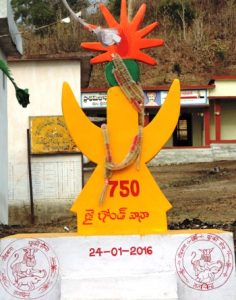
Understanding the condition of the Gondi or any other Tribal or Dalit community in the present-day India is a complicated task. It is complicated because this country, with its unwritten history, has been witnessing a perpetual struggle between hundreds of sub-cultures and an equal number of religious philosophies. This struggle is so multidimensional that it is impossible for even the so-called mainstream Hindu society to identify a logical historical and social discourse in it. Which tendencies lead to the emergence of the evils plaguing Hindu society is in itself an intimidating puzzle. When it is impossible to know the history of origin and evolution of Hindu society, how can we expect any degree of clarity vis-à-vis Tribal or Dalit society?
We will have to dig a bit deeper into this limitation. It is a multidimensional limitation that not only includes the conflicts between rival religious philosophies but also between different lifestyles and nationalities. These conflicts have generally been viewed from the perspective of modern history but we should realize that from the beginning of history, conflicts between nations and states have been continuing in parallel with the conflicts between religious philosophies and cultures. The portrayal of these conflicts as conflicts between nationalities is generally avoided. The insistence on this avoidance has been so strong in India that it has in itself become an organized conspiracy against history and historiography. That Dalits and Tribals did not find any place in the mainstream religious, social and literary discourse for centuries was not an oversight. It was a deliberate strategy. This conspiracy has to be viewed in the context of its designs and the insecurities that shaped these designs. Only then will we be able to understand why sociology could not emerge as a discipline in India’s long history and more importantly, the new dimensions of social, historical and religious philosophical discourses scholars like Dr Kangali have introduced.
The problems of Indian society are so huge and multidimensional that any enterprise for their diagnosis and remedy is bound to be as huge and multidimensional. That is why we will try to understand the massive scholarship of Dr Kangali step by step. He does not look at the specific ailments of India society from a philosophical or sociological viewpoint. This is not his subject either. But the narrative that emerges from his study of the Gondi society, in its entirety, addresses the issues that are unanimously accepted as issues of social and religio-philosophical developments. His discoveries and translations open the doors of a coherent and logical discourse on the past, present and future.
Generally, sociological discourses do not touch on history and religious philosophy. Similarly, historical discourses too do not touch on the live elements of society and culture. There can be many reasons for this but in the Indian context, the main reason is that in India’s long recorded history neither sociological discourse nor historical discourse could emerge. Let alone sociological or historical discourse, even a sense of history and society has been lacking. Instead of a seamless entity, society was always a self-destructing aggregation of thousands of castes and many varnas that grew neither internally nor externally. Due to the internecine struggles, the nation or society could never find time to shake off these stupidities and develop science, technology and democracy.
In this historical vacuum, the discourses and narrations of different subjects always remained fragmented. Not only did they present history and historical evolution of society in an incomplete fashion but also provided a broken and incomplete path to future remedial processes.
This situation is both the cause as well as the effect. Hence, what the religion in vogue here sought to convey to the people (content) and the vehicles and forms it chose for the purpose all proved unproductive to a great extent. That is also why what we call the history, religion and culture of the mainstream is absolutely silent on the country’s majority population, their society and the diversity of their lives.
The prevalent and widely publicized religious philosophy and social or personal code of conduct, which was presented in glorified terms in Sanskrit or bombastic Hindi in the ancient or more recent past, was not even recording the important information or tendencies about Dalits, Tribals and women communities. This is a conscious indifference that has pitted mythology and mythological writings against history and historical writings in the recorded history of India.
If this is an indictment of India’s sense of history and historical sense of justice, how should it be seen and understood? There is only one way to do it. We should try to find out how much representation the beliefs and philosophy of life of the majority populace is getting in the laboured propagation of the history of the prevailing religion, rituals and culture. This will let us discover how a poor sense of history is the product of a poor sense of religion and justice and also how these weaknesses together build a fragmented and directionless society.
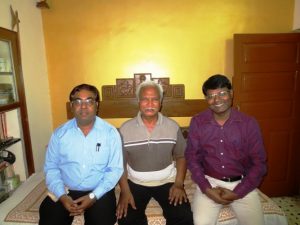
Only if we see things in a broad context can we assess the real value of Dr Motiravan Kangali’s work. Some may claim that Dr Kangali himself was not working on such a wide canvas. But if we try to understand the nature of his work, such claims will automatically be rendered
baseless. He dug out an altogether-new religion and a new culture – full of self-confidence in its origin and objectives. This makes it clear, whether he said it or not, that he was working on a wide scale. This also makes it clear that by seeing his work in the right context, we can find solutions to many questions in their multidimensional entirety.

